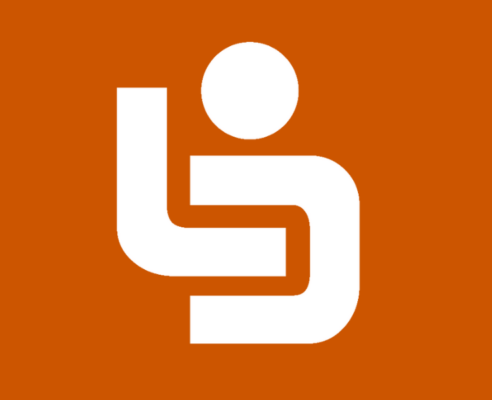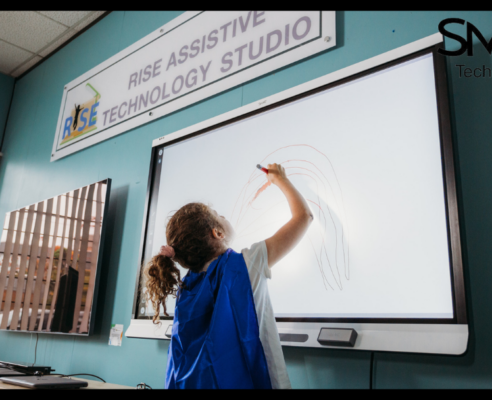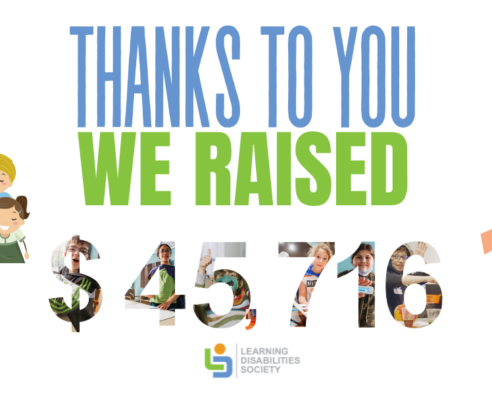LDS is thrilled to announce to our families that we are now able to offer referrals for psychoeducational and neuropsychological evaluations to some of our families!
We are collaborating with the University of British Columbia’s Psychological Services and Counselling Training Centre (PSCTC). The PSCTC is a university-based setting for clinical training and research within the UBC’s Faculty of Education. The PSCTC supports graduate training in psychoeducational assessment and intervention, and in counselling, maintains an up-to-date Test Library of psychoeducational assessment and intervention and mental health and social development resources, provides service and leadership in the profession and community, and facilitates research in education.
This collaboration with UBC will be a game changer for many of our families, who will now have access to an affordable assessment over a time span that is potentially years faster than currently available via other means. Having this additional evidence and deeper understanding about their child’s learning strengths and stretches will help our families be better advocates for their children and ensure they get learning supports that are tailored to their child’s needs.
These evaluations will be offered by PSCTC at a rate that is roughly half of what is available via private practitioners. And thanks to the generous support of our donors and sponsors, qualifying LDS families will be eligible for partial to full bursary support to subsidize the cost of the assessment so that we can make it accessible and affordable to all.
While LDS is facilitating these referrals and will be providing space at our Learning Centre to conduct portions of the assessment that need to be done in person, families will have a direct relationship with UBC PSCTC, will follow their procedures and policies, and will have full ownership of all reports and data generated through the evaluation process.
Everyone at LDS would like to thank the professors, staff and students at UBC’s PSCTC for offering this invaluable opportunity to our families. We cannot wait to help more families access the learning supports they need and deserve!
How do referrals work?
LDS families will be referred to the PSCTC; a professor will arrange an initial intake screening call to see if and what degree of evaluation might be most appropriate for each child. If you are interested and have not yet been contacted by us, please reach out to info@ldsociety.ca to discuss this opportunity.
More about psycho-educational and neuro-psychological assessments at PSCTC (from https://psctc.educ.ubc.ca/facilities-services/ )
The PSCTC Assessment Clinics offer psycho-educational assessments and/or consultation for children and youth who have questions about their cognitive, academic, social-emotional, or behavioural strengths and weaknesses in order to provide diagnoses and/or to develop strategies to meet their individual learning needs. Clinicians are interns, senior graduate students, current doctoral students, or recent graduates from the UBC school psychology training program. Interns commonly fulfill this rotation during the summer months. Overall coordination of work in the Clinics is provided by the Professional Practice Leader, working with other doctoral trained, registered psychologists or Certified School Psychologists.
The PSCTC also has a neuropsychological assessment clinic where the emphasis is on neuropsychological evaluation of children and youth to help identify areas of strength and weakness to help with their medical treatment, educational planning, and treatment (such as therapy/counselling or behavioral management). The evaluation will be appropriate for children and youth who are experiencing difficulties with learning, attention, behaviour, or social functioning, difficulty with emotional control, medical or developmental problems that affect the brain, or brain injuries from accidents, medical treatment, or other experiences. The assessment reports will also provide support for children and youth who may have a history of cancer, concussion or traumatic brain injury, epilepsy, ADHD, learning disabilities, Tourette’s Syndrome, and other medical conditions. This assessment clinic will also provide supervised training opportunities for School and Applied Child Psychology doctoral students and is a primary training rotation for doctoral interns in the BC School and Applied Psychology Internship Program.



